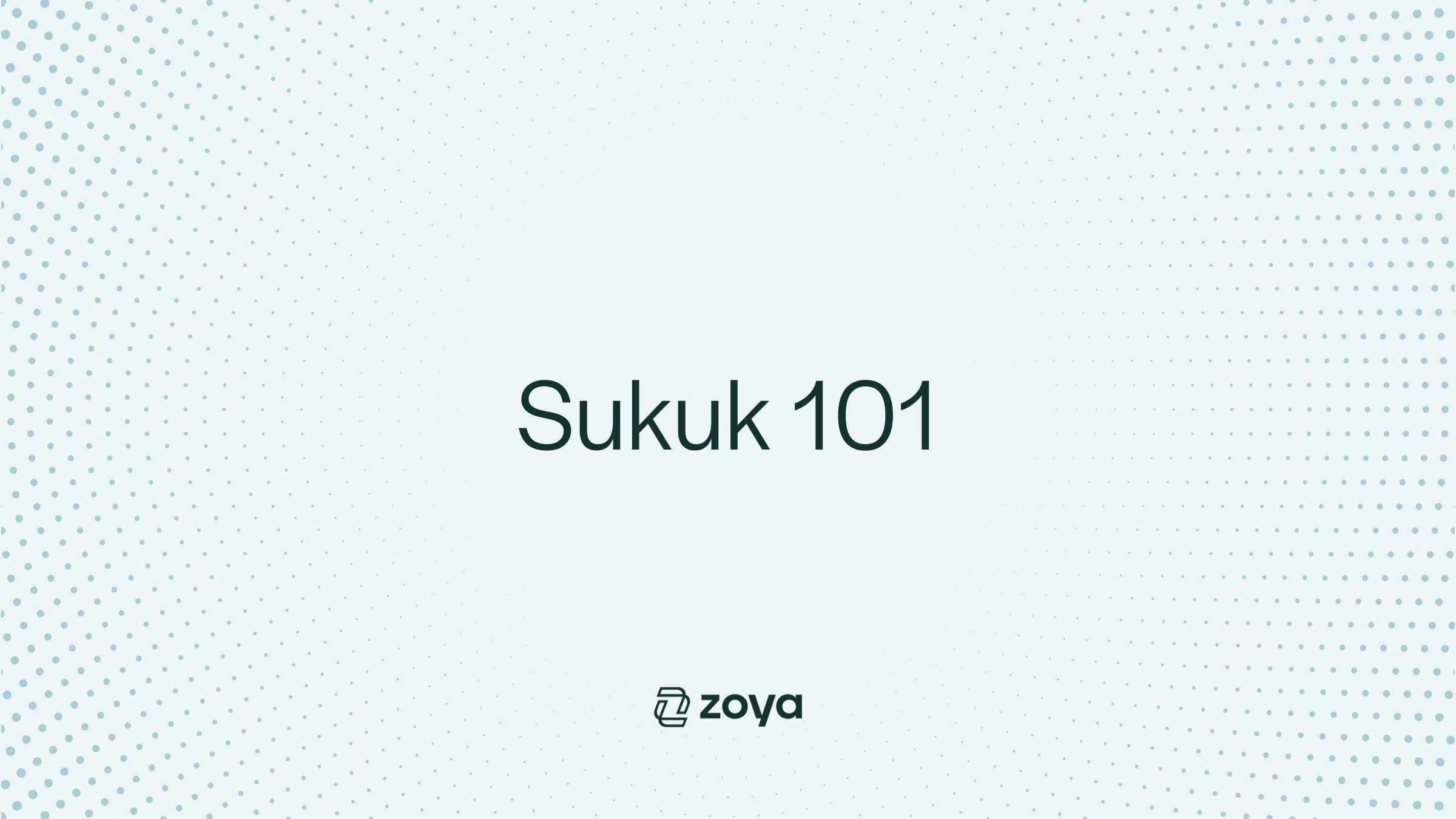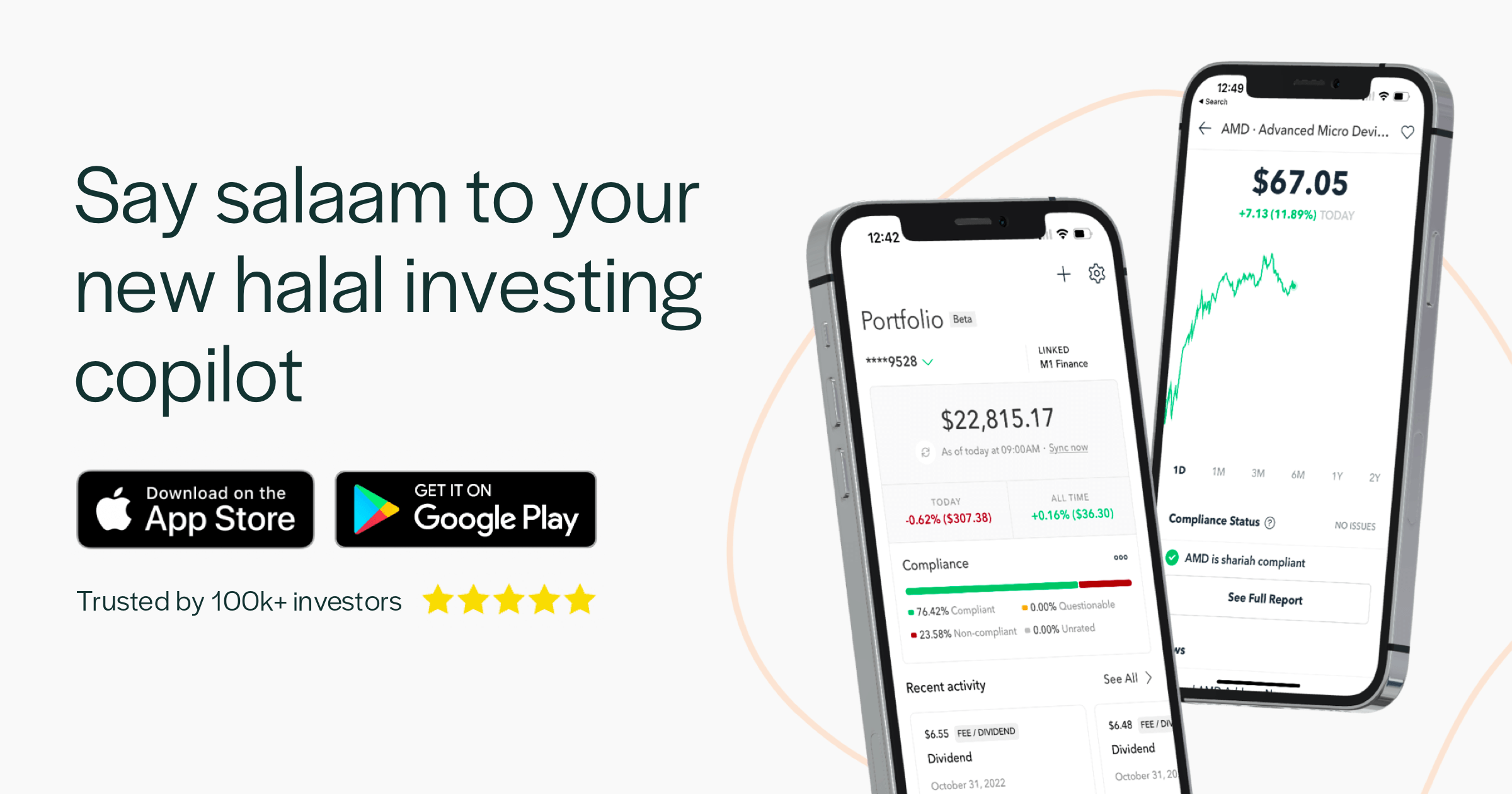Understanding Sukuk: The Islamic Alternative to Conventional Bonds

The global financial landscape has witnessed a remarkable transformation with the emergence of Islamic finance, and at its heart lies sukuk – a financial instrument that challenges traditional notions of debt and investment. As the Islamic finance industry continues to expand rapidly, understanding sukuk becomes crucial for investors, governments, and corporations seeking Shariah-compliant funding solutions.
Unlike conventional bonds that create debt obligations, sukuk represent ownership stakes in tangible assets, offering a fundamentally different approach to raising capital that aligns with Islamic principles. This comprehensive guide explores how sukuk work, their various structures, and their growing significance in today’s interconnected financial markets.
What are sukuk and how do they differ from conventional bonds?
Sukuk are Shariah-compliant financial certificates that represent a proportional, undivided ownership interest in a tangible asset, specific project, or business venture. This fundamental distinction from conventional bonds cannot be overstated – whilst bonds create a lender-borrower relationship, sukuk holders are actual owners who receive a share of the profits generated by the underlying asset.
The key difference lies in the nature of the financial relationship. As The World Bank explains: “A key difference between sukuk and conventional bonds is that the former are asset-based securities, not debt instruments. A sukuk represents a proportional beneficial ownership in an underlying asset… As such, sukuk holders are entitled to a share in the revenues generated by the sukuk assets.”
This ownership-based structure means that sukuk investors participate directly in the success or failure of the underlying asset, rather than simply lending money and expecting fixed interest payments. This risk-sharing approach aligns with Islamic principles and creates a more equitable financial relationship between investors and asset users.
Risk-sharing and the prohibition of riba
The structure of sukuk is fundamentally designed to avoid the Islamic prohibition of riba (interest), which is considered exploitative and unjust. Instead of lending money and receiving interest, sukuk investors’ funds are used to purchase an asset that is then leased or sold at a markup to the entity seeking capital. The income generated from this transaction – whether through rent or profit – is distributed to sukuk holders.
As the International Monetary Fund notes: “Islamic finance is an ethical and equitable mode of finance that derives its principles from the primary sources of Islamic law, Shari’ah… The core principles of Islamic finance are the prohibition of interest (riba); the prohibition of uncertainty or speculation (gharar); the prohibition of gambling (maysir)…”
This risk-sharing principle extends beyond mere compliance with religious requirements. The World Bank highlights that “because they are based on the principle of risk-sharing, Islamic financial instruments such as sukuk can help absorb shocks and reduce the likelihood of a financial crisis.”
Common sukuk structures and their underlying contracts
Sukuk come in various forms, each based on different Shariah-compliant contracts that determine how the underlying asset is managed and how returns are generated. Understanding these structures is crucial for investors and issuers alike.
Sukuk al-Ijarah (lease-based sukuk)
The most common structure, Sukuk al-Ijarah, operates on a leasing contract basis. Investors purchase sukuk certificates that represent ownership of a specific asset, which is then leased back to the original owner or a third party. The lease payments constitute the returns for sukuk holders.
As Investopedia explains: “The most common are Sukuk al-Ijara, which are based on a leasing contract. The issuer sells the sukuk to an investor group, who have direct ownership of the asset. The issuer then leases the asset from the investors for a predetermined rental fee.”
This structure is particularly popular for infrastructure projects, real estate developments, and equipment financing, where the underlying asset has clear value and can generate steady rental income.
Sukuk al-Murabahah (cost-plus sale-based sukuk)
Sukuk al-Murabahah operates on a cost-plus sale principle, where the sukuk issuer purchases a commodity and sells it to the end buyer at a predetermined profit margin. The profit from this transaction is distributed among sukuk holders.
This structure is commonly used for trade financing and short-term funding needs, particularly in commodity trading and working capital requirements.
Other notable structures
Additional sukuk structures include Sukuk al-Musharakah (partnership-based), Sukuk al-Wakalah (agency-based), and Sukuk al-Salam (forward sale-based), each offering different risk-return profiles and suitable for various financing needs.
The global sukuk market
The global sukuk market has evolved from a niche Islamic finance instrument to a substantial component of international finance, with major implications for sovereign and corporate funding strategies worldwide.
Market size and recent performance
According to S&P Global Ratings, “S&P Global Ratings expects global sukuk issuance to stabilize at about $160 billion-$170 billion in 2024, compared with $168.4 billion in 2023. This will follow a 4.2% drop in 2023 due to tighter monetary conditions and a return to conventional funding for some issuers.”
The market’s resilience is evident in its ability to maintain substantial issuance volumes even during challenging economic conditions. Total global sukuk issuance in 2023 amounted to $168.4 billion, representing only a 4.2% decline from the previous year’s $175.8 billion.
Key issuing regions and institutions
The sukuk market is dominated by sovereign issuers from the Gulf Cooperation Council (GCC) region and Southeast Asia, with Malaysia being particularly prominent. Multilateral institutions and corporations have also increasingly turned to sukuk as a viable funding alternative.
This geographical distribution reflects both the concentration of Muslim populations seeking Shariah-compliant investments and the growing recognition of sukuk as a legitimate funding instrument by conventional financial institutions.
Benefits and advantages of sukuk
For investors
Sukuk offer several compelling advantages for investors seeking Shariah-compliant investment opportunities. The asset-backed nature provides additional security compared to unsecured debt instruments, whilst the ownership structure offers potential for capital appreciation alongside regular income distributions.
The diversification benefits are significant, as sukuk often provide exposure to different asset classes and geographical regions than conventional bonds. Additionally, the ethical framework underlying sukuk appeals to investors seeking socially responsible investment options.
For issuers
Governments and corporations benefit from sukuk by accessing a broader investor base, including those who might otherwise be excluded from conventional debt markets due to religious or ethical considerations. This expanded investor pool can lead to more competitive pricing and increased demand for funding.
The asset-backed structure can also provide additional credibility and transparency, potentially improving credit ratings and reducing borrowing costs over time.
Challenges and considerations in the sukuk market
Standardization and regulatory framework
One of the primary challenges facing the sukuk market is the lack of full standardization across different jurisdictions and Shariah interpretations. This variability can create legal uncertainty and increase transaction costs, potentially limiting market growth.
Different scholars may interpret compliance requirements differently, leading to variations in sukuk structures and documentation across markets. This lack of harmonization can complicate cross-border transactions and limit secondary market liquidity.
Secondary market liquidity
The secondary market for sukuk generally exhibits lower liquidity compared to conventional bonds, which can deter some investors who require the ability to easily trade in and out of their positions. This illiquidity premium can affect pricing and limit the instrument’s appeal to certain investor types.
Default and restructuring considerations
The legal frameworks and precedents for handling sukuk defaults and restructurings are less developed than in the conventional bond market. This raises important questions about creditor rights and resolution processes, potentially affecting investor confidence and pricing.
Authenticity of asset-linkage
A significant debate within the Islamic finance industry concerns whether some “asset-based” sukuk are substantively different from conventional bonds. In certain structures, investors’ recourse may be to the originator rather than directly to the underlying asset, raising questions about the authenticity of the asset-linkage principle.
The future of sukuk
The sukuk market continues to evolve, with several trends shaping its future development. Growing awareness of Islamic finance principles, increasing demand for ethical investment products, and the expansion of Shariah-compliant financial services all contribute to the market’s growth potential.
Technological advancements may address some of the current challenges around standardization and secondary market liquidity. Additionally, the development of more sophisticated risk management tools and legal frameworks will likely enhance market confidence and participation.
How to invest in sukuk
For investors interested in sukuk, several avenues exist for participation. Many major financial institutions now offer sukuk investment products, ranging from individual certificates to diversified funds. Understanding the underlying asset, the specific sukuk structure, and the Shariah compliance framework is essential for making informed investment decisions.
Professional advice from qualified Islamic finance specialists is recommended, particularly for those new to the market or seeking to understand the nuances of different sukuk structures.
Conclusion
Sukuk represent more than just an alternative to conventional bonds – they embody a fundamentally different approach to finance that emphasizes risk-sharing, asset ownership, and ethical principles. As the global Islamic finance industry continues to expand and mature, sukuk are likely to play an increasingly important role in international capital markets.
The substantial market size, growing issuer and investor participation, and ongoing innovation in sukuk structures all point to a bright future for this unique financial instrument. For investors seeking Shariah-compliant opportunities and issuers looking to access diverse funding sources, understanding and utilising sukuk can provide significant advantages in today’s complex financial landscape.
Whether you’re a government seeking sovereign funding, a corporation exploring alternative financing options, or an individual investor looking for halal investment opportunities, sukuk offer a compelling solution that aligns financial objectives with Islamic principles and broader ethical considerations.

Zoya: Halal Investing App
Zoya makes halal investing easy by helping you build and monitor a shariah compliant investment portfolio with confidence and clarity.